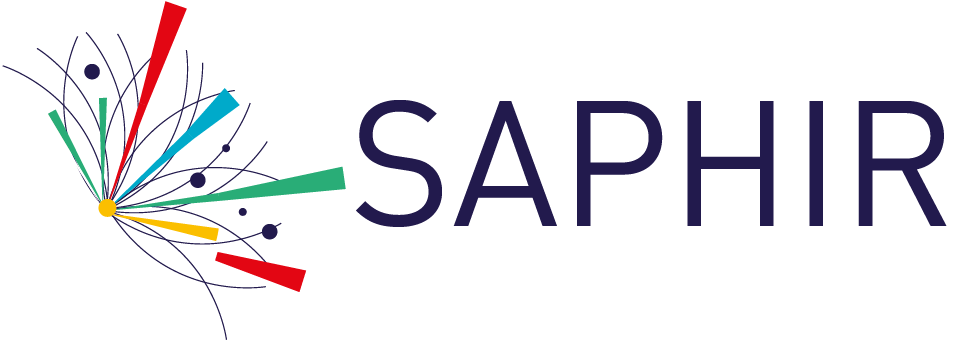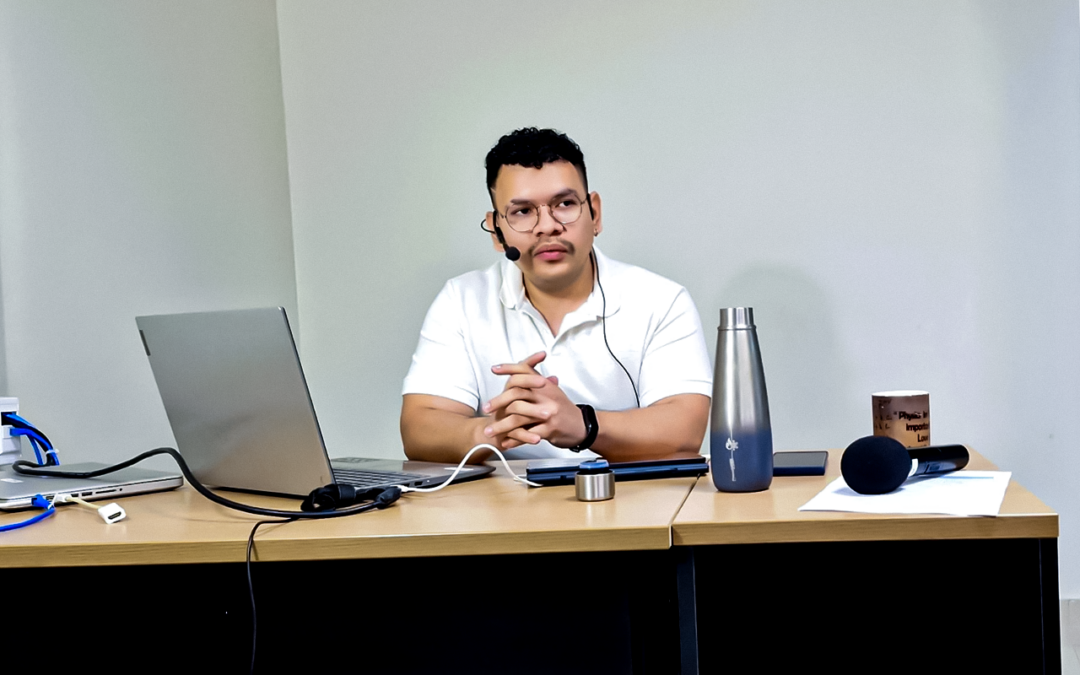Yohan Oviedo, member of SAPHIR and direct collaborator of Jilberto Zamora (Associate Researcher of the Institute), obtains the Fondecyt Postdoctoral Fellowship.
A Colombian national, Yohan is a physicist graduated from the Universidad Surcolombiana and obtained his PhD in Particle Physics at the Federal University of Paraíba, Brazil. During his doctorate, he was part of a group specialized in Particle and Astroparticle Physics, where he actively participated in several projects focused on elementary particle phenomenology and collider physics.
Particle physics and astroparticle physics are branches of physics that explore the most fundamental components of the universe. Particle physics focuses on the study of subatomic particles, such as quarks and electrons, and the interactions between them, using particle accelerators to simulate extreme conditions, for example. On the other hand, astroparticle physics investigates high-energy cosmic particles, such as cosmic rays and neutrinos, which reach us from outer space, providing crucial clues to understanding astrophysical phenomena such as black holes, dark matter, supernovae and the origin of the universe. The two disciplines complement each other, expanding our understanding of the cosmos from the smallest to the largest.
"In this period I specialized in collider phenomenology, where I was in charge of computational simulations and analysis of the data generated to explore physics beyond the standard model. This experience was fundamental for my postdoc, since I acquired a lot of knowledge related to computational tools used in high energy physics, such as Monte Carlo event generators and advanced analysis techniques. In addition, during my master's degree I had a solid background in elementary particle theory, which has allowed me to enrich and complement this line of research", he explains.
The arrival of the long-awaited Fondecyt Postdoctoral Program
The approved project will fund the continuation of my research on the search for new physics at particle colliders, directly supported by computational simulations. The search for new physics at particle colliders is crucial because it allows us to explore the limits of current knowledge and to discover phenomena that we have not yet fully understood. Although the Standard Model of particle physics has been very successful in describing fundamental interactions, it still leaves several questions unanswered, such as the nature of dark matter, the asymmetry between matter and antimatter, and the behavior of gravity at the quantum scale.
Particle colliders, such as the Large Hadron Collider (LHC), generate extreme conditions that mimic the first moments of the universe, allowing us to observe particles and forces that only existed at the Big Bang or in high-energy situations. By discovering new particles or phenomena, colliders open doors to theories beyond the Standard Model, expanding our understanding of the universe and potentially transforming areas of science, technology and even philosophy.
"I plan to contribute with modern techniques that have been little explored in the literature, as well as to develop more efficient computational algorithms to achieve each of the objectives proposed in the project. Expectations are very high, as this line of research is of great interest to the international community and aligns perfectly with the mission and vision of the SAPHIR Millennium Institute and Universidad Andrés Bello," Yohan says.

